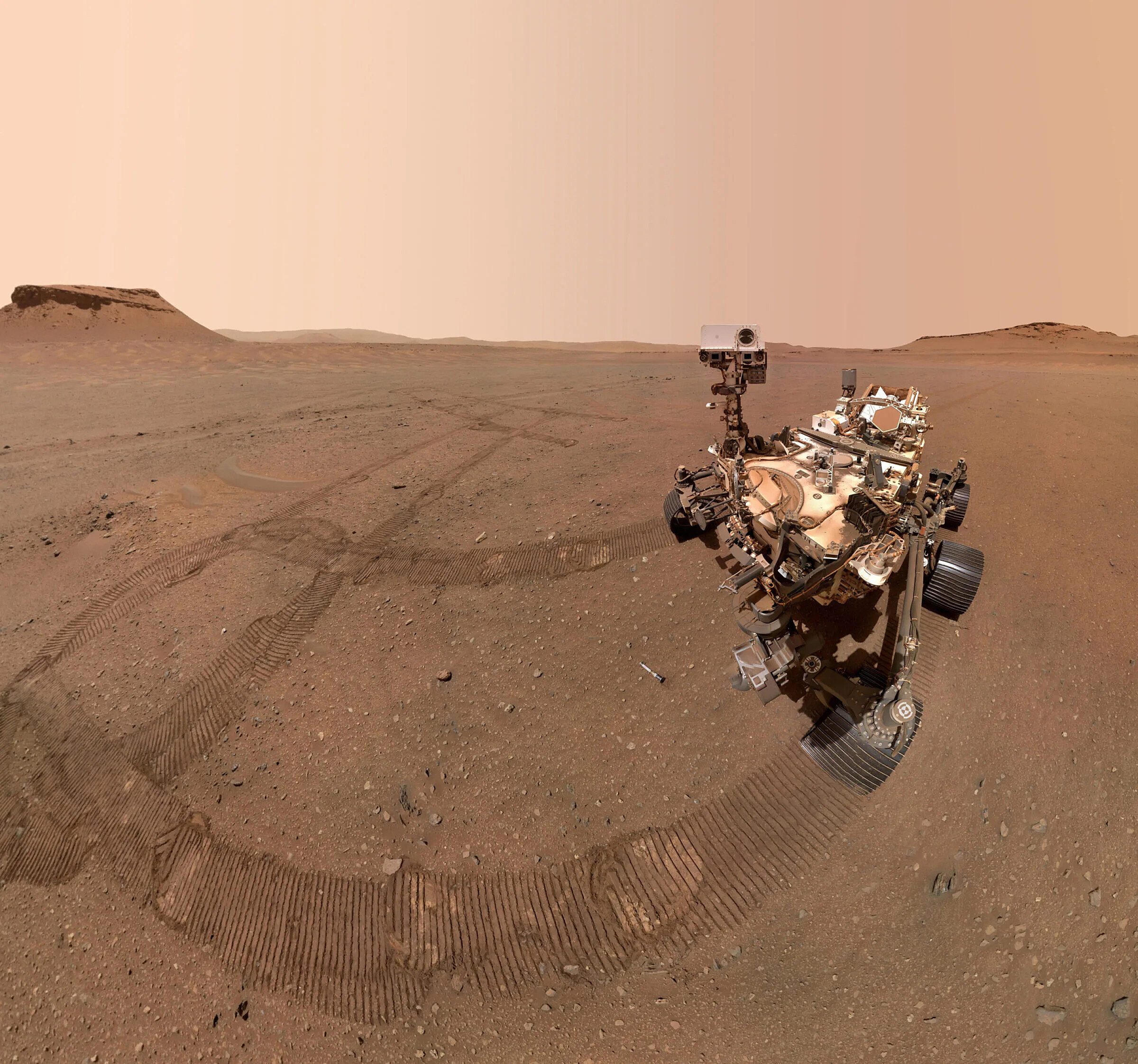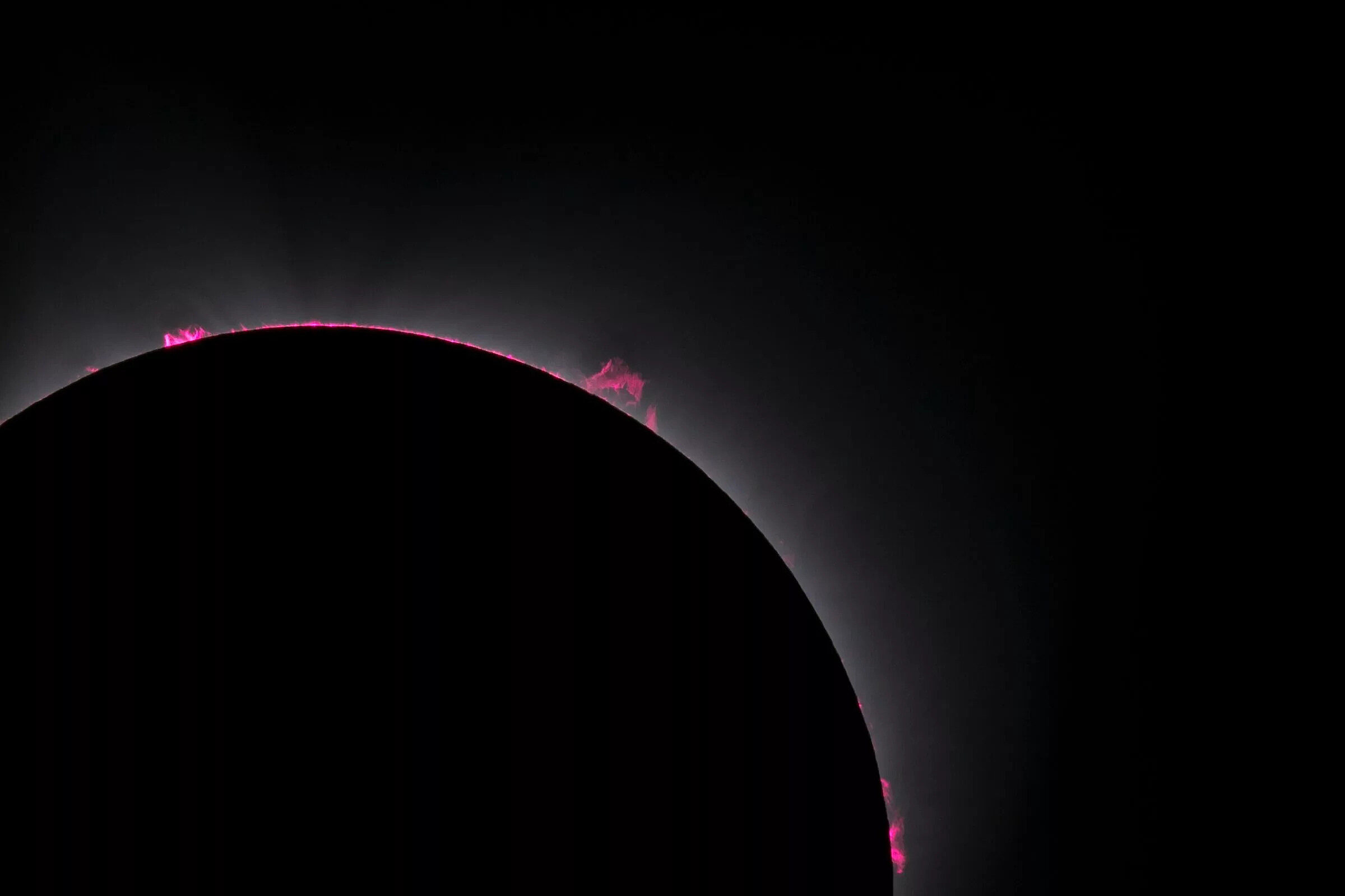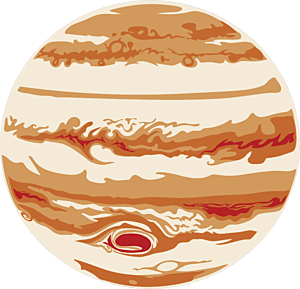The Downlink • Nov 03, 2023
The best! The farthest! The maximum!
Space Snapshot

Mars rover selfies like this one, captured by NASA’s Perseverance rover, are iconic. But is this the best Mars image of the year? That’s for you to decide! Vote in The Planetary Society’s Best of 2023 awards campaign to pick your favorite space images, mission milestones, space art, and more. Image credit: NASA / JPL-Caltech / MSSS.
You love space, now take action
This weekly newsletter is your toolkit to learn more about space, share information with your friends and family, and take direct action to support exploration. Anyone can subscribe at planetary.org/connect to receive it as a weekly email.
Mission Briefings


Solar maximum is coming up next year. Revised predictions suggest that the Sun will reach the peak of its current activity cycle in 2024, one year earlier than previous estimates. This is good news for anyone planning on viewing the April 8 total solar eclipse, since heightened solar activity could lead to more visible solar prominences — loops of plasma extending outward from the Sun — during totality. Pictured: Solar prominences seen during the 2017 total solar eclipse. Image credit: Blake Estes.

Some of OSIRIS-REx’s asteroid sample is going on display at the Smithsonian. A fragment of the asteroid Bennu, which OSIRIS-REx returned to Earth in September, will be visible to the public starting Nov. 3 at the Smithsonian National Museum of Natural History in Washington, D.C. Other samples will later go on display at the University of Arizona and Space Center Houston.

Blue Origin has shared a mockup of their Blue Moon lunar lander prototype. The lander is designed to deliver cargo to the lunar surface as part of a technology demonstration to test technologies intended for a crewed version it is developing for NASA’s Artemis program. Blue Origin is one of 14 companies in NASA’s Commercial Lunar Payload Services program for uncrewed lunar landings.
From The Planetary Society


While contemplating your favorite images of the entire year, enjoy our picks for the best of October. Our monthly roundup of amazing space images includes this artsy black-and-white view from the Perseverance Mars rover, along with a colorful shot of the Orion Nebula, a bird photobombing a rocket launch, and some unique views of the recent annular eclipse. Image credit: NASA/JPL-Caltech.

Obsessed with eclipses? Us? Alright, maybe. It’s just hard not to get excited about everything these cosmic phenomena have to offer. That’s why we’re partnering with The Eclipse Company to share the ultimate 2024 total solar eclipse map, which helps you find when and where to catch this awesome spectacle. You’ll hear more about it on this week’s Planetary Radio, along with an interview with NASA's Psyche mission's principal investigator, Lindy Elkins-Tanton, who watched her team's spacecraft blast off last month on its voyage to explore a metallic asteroid.
New in the online member community


The next book club pick has been announced! Join Planetary Society members and author Marc Hartzman in November to discuss his book “We Are Not Alone,” which comprehensively separates alien fact from fiction. If you missed last month’s book club meeting with author Aomawa Shields about her memoir, “Life on Other Planets,” you can watch the recording in the Book Club space.

Looking to shop for cool space stuff? Check out The Planetary Society’s new Space Bazaar, where members with small businesses can share their space-related offerings, and everyone can shop! Vendors can post once a month (ending Saturday, Nov. 4 this month) but members can browse the listings anytime.
Not a member yet? Join today.
What's Up

This week, look for very bright Jupiter rising in the east at sunset and setting in the west at sunrise. It’s at opposition on Nov. 3, meaning it’s the closest to Earth (and therefore the brightest) it’ll be all year. Yellowish Saturn is also high up in the evening sky, with Fomalhaut, the only bright star in its region of the sky, below it. Look for super bright Venus near the Moon in the predawn sky on Nov. 9. Find out what else to expect in November’s night skies.
Wow of the Week

A very strange space-related award goes to Pizza Hut for both the most distant address to which a pizza has ever been delivered, and the most expensive pizza delivery. In 2001, Pizza Hut struck a deal with the Russian space agency Roscosmos to have one of their pizzas delivered to cosmonaut Yuri Usachov aboard the International Space Station (pictured). The delivery was reportedly worth $1 million at the time. Image credit: Roscosmos.
Send us your artwork!
We love to feature space artwork in the Downlink. If you create any kind of space-related art, we invite you to send it to us by replying to any Downlink email or writing to [email protected]. Please let us know in your email if you’re a Planetary Society member!


 Explore Worlds
Explore Worlds Find Life
Find Life Defend Earth
Defend Earth


